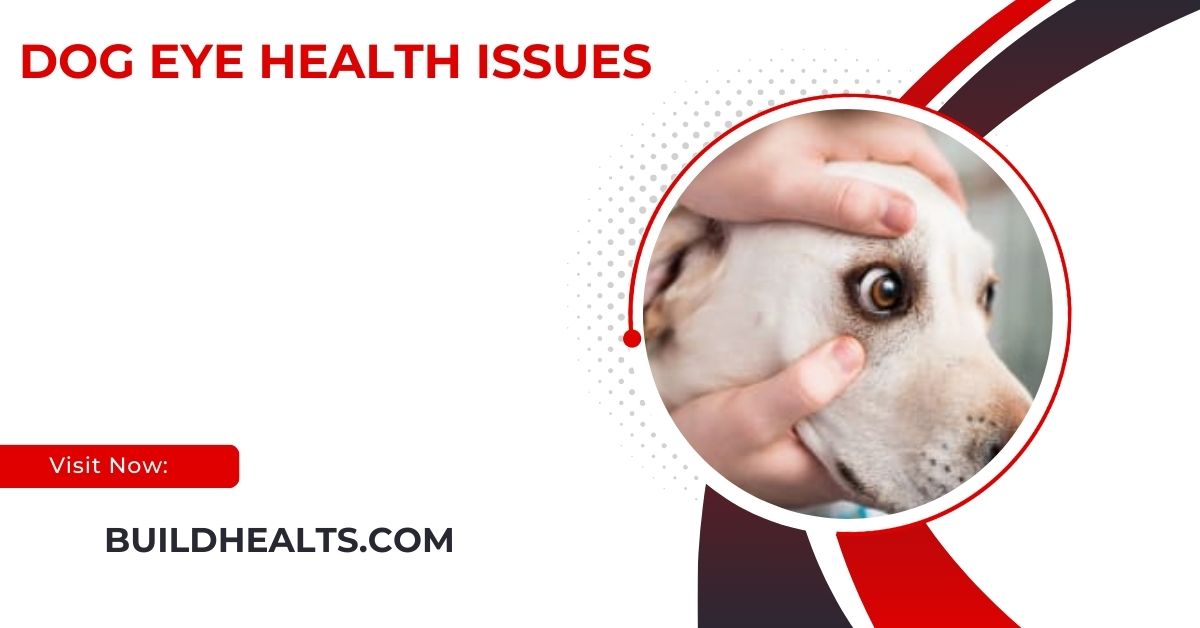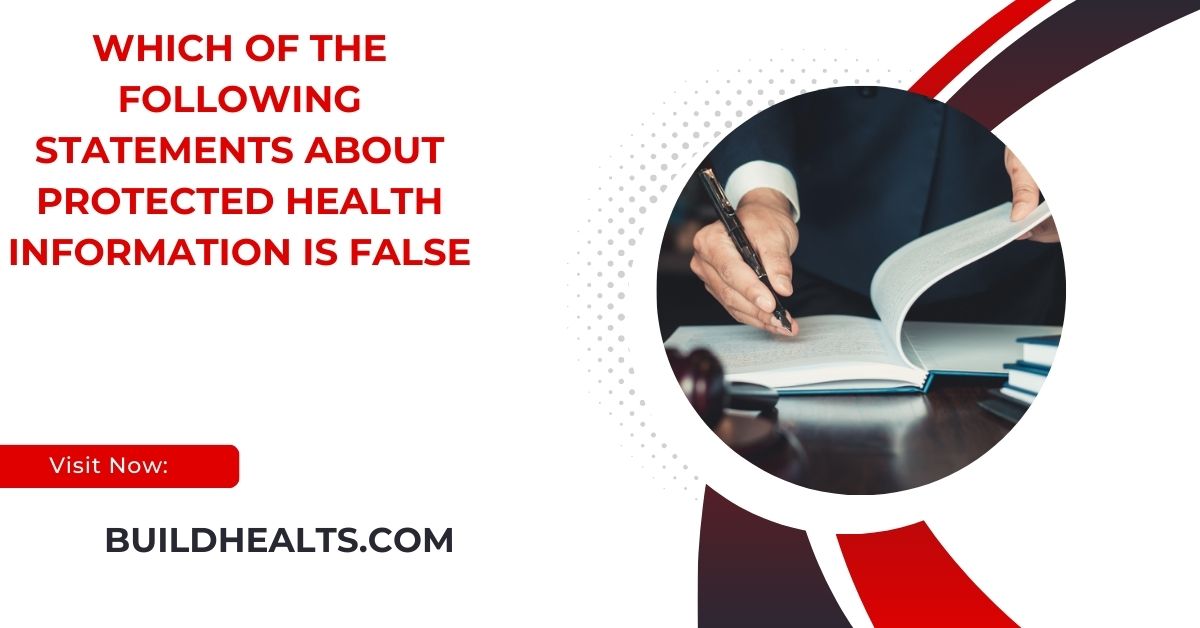This comprehensive guide covers common dog eye health issues, their symptoms, treatments, and prevention methods to help pet owners maintain their dog’s eye health and well-being.
In this guide, we’ll explore the most common dog eye health issues, their symptoms, how they are treated, and what you can do to keep your dog’s eyes healthy. This information will help you understand when to seek veterinary help and how to prevent many common eye problems from occurring.
Insights into Your Dog’s Eye Health:
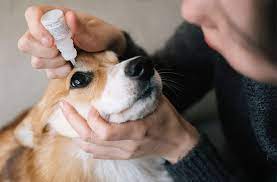
Healthy eyes are crucial for your dog’s comfort and overall well-being. Eyes play an important role in helping your dog navigate the world, whether they are chasing after a ball or responding to your commands. However, a variety of factors—such as genetics, environment, and aging—can make dogs prone to different eye issues. While some problems may be temporary and easy to treat, others can lead to serious complications, including blindness, if not addressed promptly.
Breeds that are more prone to eye problems include Shih Tzus, Bulldogs, Poodles, and Boxers, though any dog breed can experience eye issues. It’s important to keep a close eye on your dog’s behavior and physical condition, especially around the eyes, so that you can act early if something seems wrong.
Why Eye Health Is Important for Dogs:
The ability to see is essential for dogs’ safety and well-being. From identifying potential threats to recognizing familiar faces and places, a dog’s vision is central to their life experience. Healthy eyes also reduce the risk of accidents or injuries, as dogs with vision problems may stumble, run into objects, or struggle to navigate their surroundings.
Furthermore, eye health affects dogs’ comfort levels. Eye diseases and conditions can cause discomfort or pain, which can affect their mood and behavior. Some eye conditions can also be indicative of broader health problems, making it essential to address eye issues as part of a holistic approach to your dog’s health care.
Also read: Can I Health Care Provider Be A Psychaist – A Complete Guide!
Common Eye Health Problems in Dogs:
Dogs can experience a range of eye health issues that affect their vision and overall quality of life. Understanding these common conditions is essential for every dog owner.
Conjunctivitis (Pink Eye):
Conjunctivitis is the inflammation of the conjunctiva, often caused by allergies, infections, or irritants. Dogs with conjunctivitis may show symptoms such as redness, swelling, and discharge from the eye. Treatment typically involves cleaning the affected eye and using medications like antihistamines or antibiotics to alleviate discomfort.
Cataracts:
Cataracts occur when the lens of the eye becomes cloudy, impairing vision. This condition may present as bluish or cloudy eyes and can develop due to aging or genetic predispositions. Surgery is often the recommended treatment to restore vision, and regular veterinary check-ups are crucial for monitoring this condition.
Glaucoma:
Glaucoma is characterized by increased pressure within the eye, which can lead to optic nerve damage and potential blindness. Symptoms may include redness, bulging eyes, and signs of pain or discomfort. Immediate veterinary attention is necessary, and treatment typically involves medications to reduce intraocular pressure, along with possible surgical intervention.
Dry Eye (Keratoconjunctivitis Sicca):
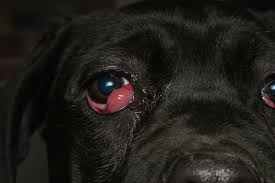
Dry eye occurs when the tear glands do not produce enough tears, leading to irritation and discomfort. Dogs may exhibit symptoms like thick discharge, redness, and excessive blinking. Treatment usually includes medicated eye drops to stimulate tear production and provide relief, with regular follow-ups to manage the condition effectively.
Corneal Ulcers:
Corneal ulcers are painful sores that develop on the cornea, often due to trauma, infections, or foreign bodies. Affected dogs may show redness, tearing, and sensitivity to light. Prompt veterinary care is essential to prevent complications, and treatment generally involves antibiotic drops, with surgery being an option for severe cases.
Cherry Eye:
Cherry eye refers to the prolapse of the tear gland in a dog’s third eyelid, which appears as a red, swollen mass. This condition is more common in certain breeds and can lead to chronic irritation if left untreated. Surgical repositioning of the gland is typically the recommended treatment to restore normal function.
Also read: Do You Use Health Insurance For Physical Therapy – A Complete Guide!
Symptoms of Eye Problems in Dogs:
Knowing the signs of eye health issues can help you catch problems early. Some common symptoms to watch for include:
- Redness or swelling
- Squinting or keeping an eye closed
- Excessive tearing or discharge
- Cloudy or bluish appearance
- Pawing at the eyes or rubbing the face
- Sensitivity to light
If you observe any of these symptoms, it’s essential to take your dog to the veterinarian for an evaluation.Early detection and treatment can prevent more serious complications.
Preventing Eye Health Issues in Dogs:
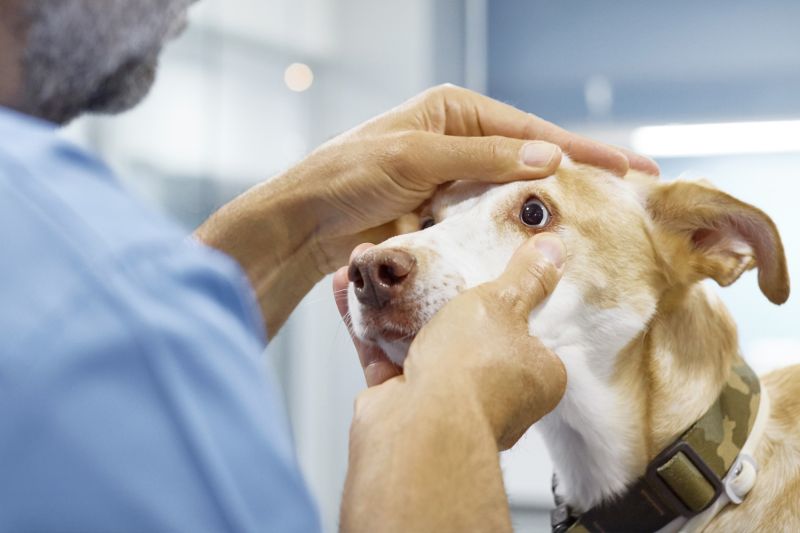
- Regular Eye Checks: Routinely examine your dog’s eyes for signs of redness, swelling, or discharge.Timely detection can help avoid more serious problems.
- Maintain Cleanliness: Keep the area around your dog’s eyes clean by gently wiping away dirt and debris with a damp cloth or pet-safe eye wipes.
- Trim Excess Fur: If your dog has long hair, regularly trim the fur around their eyes to prevent irritation and keep debris out.
- Limit Exposure to Irritants: Protect your dog from smoke, dust, and harsh chemicals that can irritate their eyes. Avoid allowing them to hang their heads out of car windows.
- Provide a Healthy Diet: Feed your dog a balanced diet rich in vitamins A, C, and E, which are beneficial for eye health. Consult your vet about possible supplements.
- Stay Up-to-Date with Vaccinations: Ensure your dog receives all necessary vaccinations to protect against diseases that can affect their eyes.
- Regular Vet Visits: Schedule routine veterinary check-ups to monitor your dog’s overall health, including their eye condition, and address any concerns promptly.
- Use Protective Gear: If your dog participates in outdoor activities, consider using protective eyewear to shield their eyes from potential hazards.
- Hydration: Ensure your dog has access to fresh water to prevent dehydration, which can lead to dry eyes and other health issues.
- Be Aware of Breed-Specific Risks: Research any breed-specific eye issues and discuss them with your vet to ensure proactive measures are taken.
When to See a Vet for Eye Problems:
It’s important to monitor your dog’s eyes regularly and look out for any signs of discomfort, irritation, or vision problems. If you notice any of the following symptoms, schedule a vet visit as soon as possible:
- Ongoing redness, swelling, or discharge from the eyes.
- Changes in the appearance of the eyes (cloudiness, bulging, or sunken appearance)
- Squinting, excessive blinking, or keeping one eye closed
- Pawing at the eyes or rubbing the face
- Any noticeable vision problems (bumping into objects, reluctance to move)
Early intervention can make a big difference in your dog’s eye health and help prevent more serious complications down the line.
Also read: What Are Important Aspects Of Your Health – A Complete Guide!
FAQ’s
1. What are common eye health issues in dogs?
Common eye issues in dogs include conjunctivitis, cataracts, glaucoma, dry eye, corneal ulcers, and cherry eye, each with distinct symptoms.
2. How can I tell if my dog has an eye problem?
Signs of eye problems in dogs include redness, swelling, discharge, excessive blinking, squinting, and changes in vision.
3. What should I do if I notice an eye issue in my dog?
If you notice an eye issue, schedule a vet appointment promptly for a proper diagnosis and treatment.
4. Can eye health issues in dogs be prevented?
Yes, regular eye checks, proper grooming, cleanliness, and a healthy diet can help prevent many eye problems in dogs.
5. When should I take my dog to the vet for eye problems?
Take your dog to the vet if you notice persistent redness, swelling, discharge, squinting, or any significant vision changes.
Conclusion
Maintaining your dog’s eye health is crucial for their overall well-being and quality of life. Regular eye checks, proper hygiene, and a nutritious diet can significantly reduce the risk of common eye issues. If you notice any concerning symptoms, prompt veterinary attention is essential to ensure early diagnosis and effective treatment.

